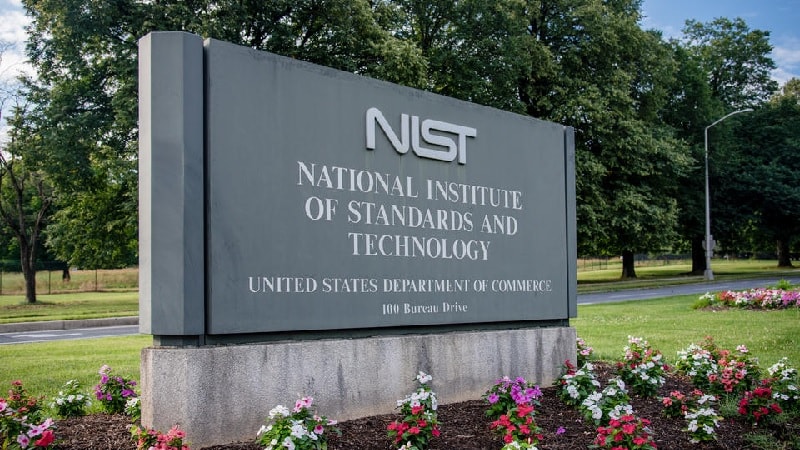
The National Institute of Standards and Technology’s Artificial Intelligence Safety Institute (AISI) is seeking information on the development and use of chemical and biological (chem-bio) artificial intelligence models.
In a posting to the Federal Register on Oct. 4, AISI said that it is asking respondents to provide examples, best practices, case studies, and actionable recommendations related to chem-bio AI testing and safety procedures.
AISI is accepting replies to its inquiry until Dec. 3.
AISI defined chem-bio models as “models that can aid in the analysis, prediction, or generation of novel chemical or biological sequences, structures, or functions.”
The posting notes that though the “rapid advancement” of chem-bio AI models has produced powerful and beneficial results, it also comes with risks.
“By reducing the time and resources required for experimental testing and validation, chem-bio AI models can accelerate progress in areas such as drug discovery, medical countermeasure development, and precision medicine,” reads AISI’s posting. “However, as with other AI models, there is a need to understand and mitigate potential risks associated with misuse of chem-bio AI models.”
“The dual use nature of these tools presents unique challenges – while they can significantly advance beneficial research and development, they could also potentially be misused to cause harm, such as through the design of more virulent or toxic pathogens and toxins or biological agents that can evade existing biosecurity measures,” the post continues.
Requested information covers topics including current and future approaches for assessing dual-use risks; current and future approaches to mitigate risk of misuse of chem-bio AI models; safety and security protocols for interactions between chem-bio AI models; chem-bio AI models impact on biodefense and biosecurity; and future safety and security of chem-bio AI models.
“As chem-bio AI models become more capable and accessible, it is important to proactively address safety and security considerations,” said AISI.
